
Many wonder about the practicality and ethics of keeping wild mice as pets. While it is technically possible to keep wild mice in captivity, it is generally not recommended due to their specific needs and behaviors, which differ significantly from those of domesticated varieties. Understanding the differences can help potential pet owners make informed decisions.
Wild mice are not bred for companionship and may carry health issues or parasites that could affect them and their human caretakers. Additionally, their instinctual behaviors, such as high levels of stress and a tendency to escape, can make them challenging to care for. It is essential to consider these factors before deciding to keep a wild mouse as a pet.
Domesticated mice offer a more suitable alternative for individuals searching for a small rodent companion. These mice are bred to thrive in captivity, are typically healthier, and have more predictable temperaments. The choice between wild and domesticated mice directly impacts the pet ownership experience.
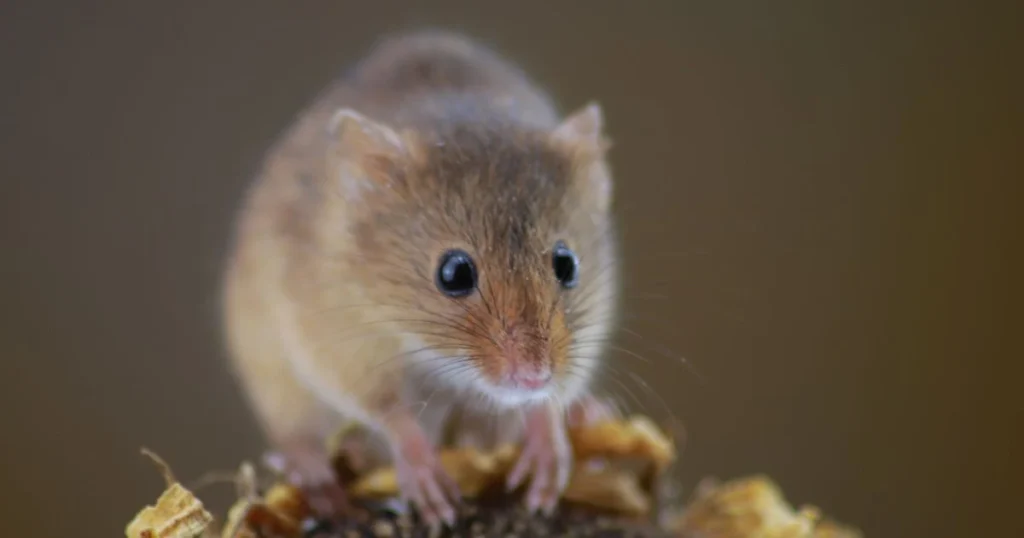
Wild mice have specific habitats and behaviors that significantly differ from domesticated pets. This section explores their natural living conditions and common entry points that may lead them into homes.
Wild mice thrive in diverse habitats, including forests, grasslands, and urban areas. Their adaptability allows them to live in various environments, forming nests in burrows, under debris, or in vegetation.
These mice typically forage for food during the nighttime. They have omnivorous diets, consuming seeds, fruits, and even insects. Among different species, deer mice are notable for their potential to inhabit houses, often seeking warmth and food.
Reproduction occurs rapidly, with females capable of having several litters each year. This ability to multiply quickly helps ensure their survival in fluctuating environments. Understanding these traits is crucial for anyone considering keeping wild mice as pets.
Wild mice can enter homes through various routes, exploiting gaps that might seem negligible. Common entry points include small cracks in foundations, gaps around windows and doors, and wall holes.
Ventilation ducts and pipes also serve as potential entry avenues. To prevent infestations, it is important to inspect these areas and seal openings regularly.
Once inside, they can cause damage by chewing through wires, insulation, and stored food. Understanding how mice access homes can help individuals take preventative measures to keep them at bay. Notably, deer mice are often found in residential areas due to their resourcefulness in searching for shelter.
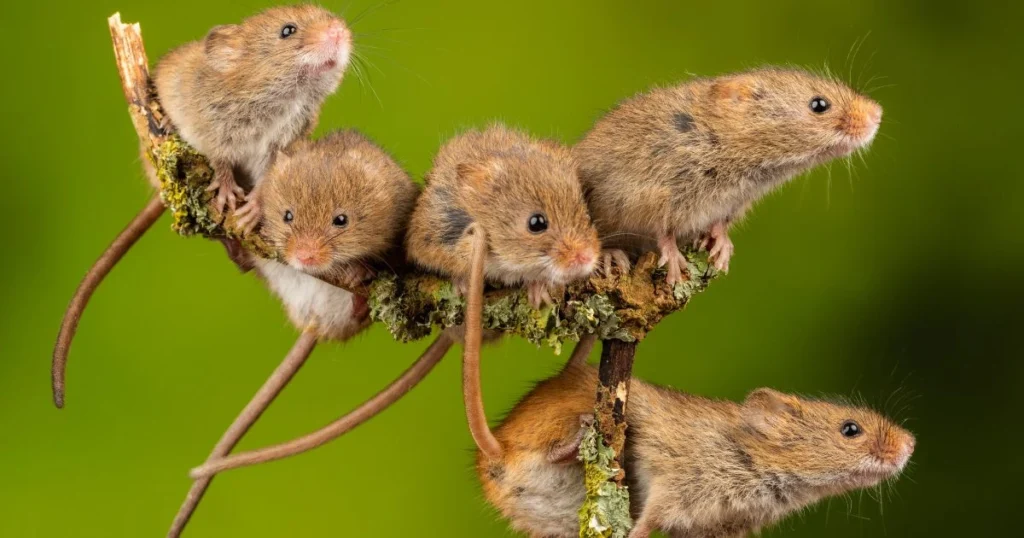
When considering keeping wild mice as pets, it is crucial to understand the legal and ethical implications. Wildlife regulations govern the capture and ownership of these creatures. Additionally, animal welfare concerns must be addressed to ensure the humane treatment of any animal in captivity.
Various regions have specific regulations regarding the capture and ownership of wild mice. Keeping wild mice without a permit is illegal in many areas, as they are considered wildlife. Local laws often aim to protect native species and maintain ecological balance.
Before attempting to keep wild mice, individuals should research their local wildlife laws. Trapping or taking animals from their natural habitat can lead to legal consequences. Authorities may impose fines or require the animals to return to the wild.
Keeping wild mice as pets raises significant animal welfare issues. Wild mice have specific habitat, dietary, and social needs that are difficult to meet in a domestic setting. Capturing mice disrupts their natural behaviors and may lead to stress or health problems.
Moreover, wild mice can carry diseases that affect their health and that of their human caregivers. While having a wild creature as a pet may be appealing, the ethical implications of their captivity must be considered. Providing a suitable environment is challenging and may not align with the mouse's instincts.
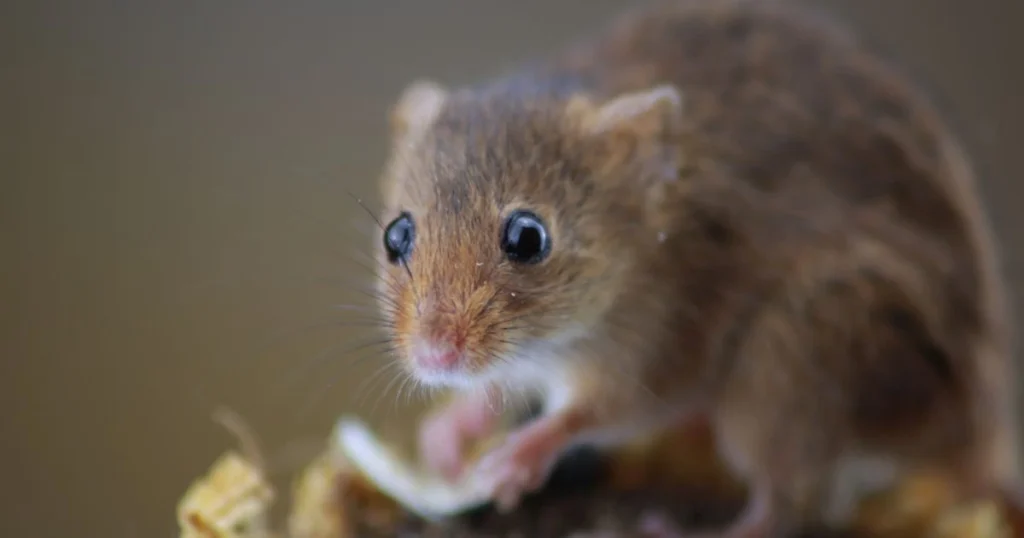
Creating a suitable living environment for pet mice is crucial for their well-being. Important factors include selecting the right habitat, understanding their social needs, and providing proper nutrition.
Mice require an enclosure that accommodates their natural behaviors. A minimum size of 24” x 12” is recommended for one or two mice. Wire cages with solid bottoms promote ventilation and prevent escape.
Provide nesting material such as untreated paper or aspen shavings. Add hiding spots, tubes, and exercise wheels for enrichment. Regularly changing bedding keeps the habitat clean, which can help prevent odors and disease.
Mice are social creatures that thrive in groups. Two females can coexist peacefully, while male mice often display aggression. It is advisable to keep a group of females or house males separately.
Introducing mice should be done gradually to minimize stress and fighting. If males are housed together, adequate space and resources should be ensured to reduce territorial disputes. Observing their interactions can help determine compatibility.
Diet plays a pivotal role in pet mice's health. High-quality commercial mouse food forms the basis of their diet, which can be supplemented with fresh fruits and vegetables such as carrots, apples, and broccoli.
Avoid offering sugary or fatty treats; these can lead to obesity. Fresh water must always be available, preferably in a water bottle with a sipper tube to prevent spills. Monitoring their food intake ensures they are getting adequate nutrition without overeating.
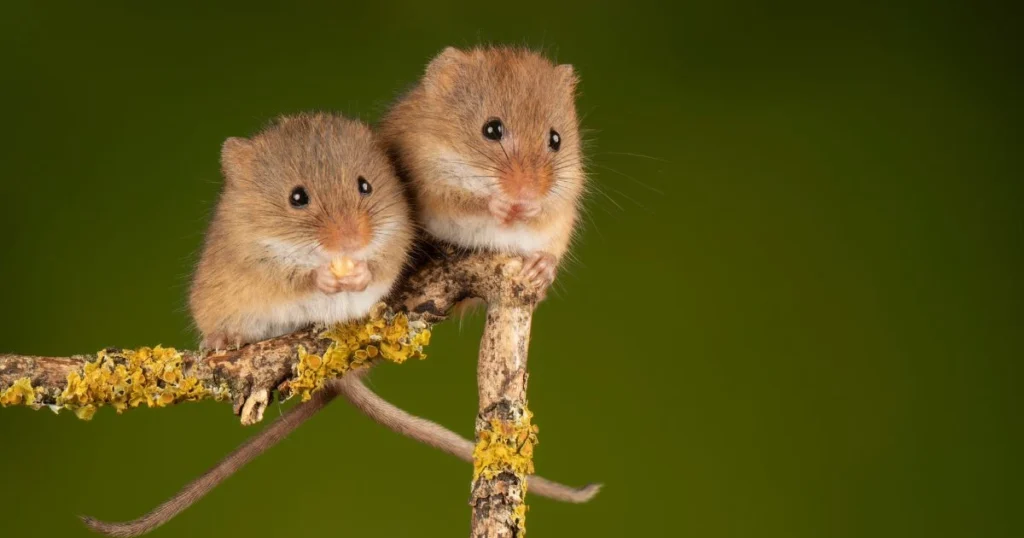
Keeping wild mice as pets requires attention to their health and access to veterinary care. Ensuring a proper environment and monitoring their well-being are essential for longevity and happiness.
Wild mice are prone to various health issues. Common conditions include respiratory infections, parasitic infestations, and dental problems. Symptoms to watch for include:
Preventive measures include providing a clean living space, a balanced diet, and proper hydration. Regular cleaning can help prevent disease transmission.
Additionally, handling mice gently and washing hands after contact minimizes the risk of zoonotic diseases, which can affect both animals and humans. Consulting with a veterinarian about potential outbreaks can also aid in early detection.
Regular veterinary check-ups are vital for maintaining the health of wild mice kept as pets. Routine visits can help identify health problems before they become serious.
A typical check-up may include:
Veterinarians can provide vaccinations or recommend preventive medications. These visits can also offer guidance on diet and habitat optimization.
Pet owners should consider the unique needs of wild mice, as they may differ from domesticated varieties. Selecting a veterinarian experienced with small mammals can enhance the care provided.
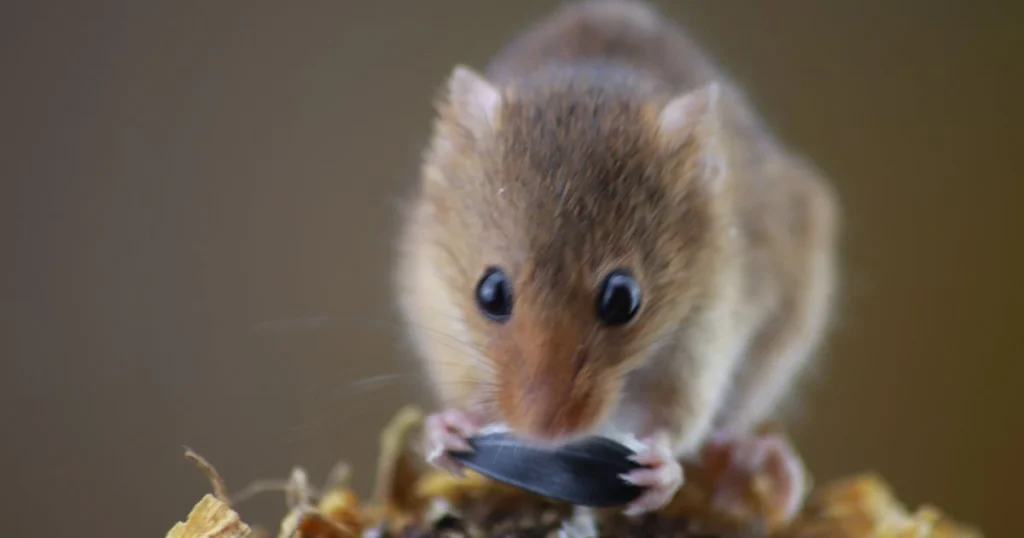
Keeping wild mice as pets presents specific challenges. Addressing their care during winter and preventing unwanted entry into homes are critical considerations for any owner.
Mice, when captured as pets, require special care during winter months. Cold temperatures can pose health risks, leading to hypothermia and stress. Owners must ensure that the living environment is warm and secure.
A temperature of around 70°F is ideal for maintaining warmth. Providing adequate nesting material, such as shredded paper or hay, can help mice stay insulated. Additionally, it is crucial to monitor their food supply, as they may consume more energy to stay warm.
If mice exhibit signs of distress or health decline, consulting a veterinarian familiar with small mammals is essential. Understanding what to do with captured mice in winter ensures they thrive despite the harsh conditions.
Preventing unwanted entry by mice into a home is vital to avoid infestations. Mice can enter a brick house through small cracks and gaps. Identifying these entry points is the first step in keeping homes mouse-free.
Sealing holes with materials like steel wool or caulk can effectively deter mice. Maintaining cleanliness around food sources and outdoor areas also reduces the chances of attracting them.
Regular inspections of potential entry points, especially during colder months, should be routine. It is advisable to reach out to professionals for assistance. Critter Stop offers expert services in wildlife removal. They have a fantastic reputation and customer reviews online for delivering quality work and great customer service. Call Critter Stop at (214) 234-2616 for a free inspection to resolve any concerns about wildlife or pest removal from your property.
Individuals often wonder about the practicalities and legality of petting wild mice. The following information addresses specific concerns regarding legal implications.
Wild mice are not ideal pets due to their unpredictable behavior and potential disease risks. They are often not domesticated, making handling and socialization challenging. Opting for mice bred specifically as pets is generally safer and more humane.
Mice can find surprisingly small gaps in a brick house where mortar has cracked or eroded. They exploit any opening around pipes, windows, and doors to enter. Regular inspection and sealing of these vulnerabilities are key to preventing their entry.
If you capture mice in winter, releasing them in a safe, natural environment away from residential areas is important. However, relocation might harm the mice if the weather is extremely cold. Contacting a wildlife expert for humane handling is often the best action.
Yes, male mice can live together in many cases if introduced properly and provided with ample space. However, territorial behavior may emerge, especially in confined spaces. Monitoring their interactions and ensuring enough resources can help maintain peace.
Deer mice sometimes find their way into houses, attracted by food and shelter. They are more common in rural or suburban areas and can carry diseases. Preventative measures like sealing entry points and proper sanitation help deter their presence.
Mice get in your house by exploiting small cracks, holes, and gaps around the foundation, doors, and windows. They are excellent at squeezing through openings as small as ¼ inch. Identifying and sealing these access points is essential for preventing infestations.
Male mice can be kept together under the right conditions, such as a spacious environment with plenty of hiding spots. However, they may exhibit aggression if overcrowded or if resources are limited. Regular monitoring and proper environmental enrichment can help them coexist peacefully.
Yes, two mice can live in the same habitat if they offer adequate food, water, and shelter. Mice are social animals and can form bonds, but overcrowding may lead to stress and conflict. Ensuring a balanced environment supports healthy cohabitation and reduces competition.
Visit our Critter Library and learn more about our furry friends